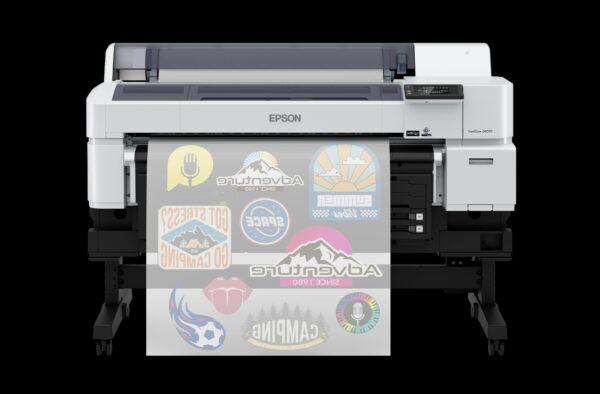Epson and MPS Monitor have enabled a ‘one-stop-shop’ platform for channel partners and print dealers, amalgamating print and fleet management systems with Epson’s Remote Services (ERS) solution. Using Epson’s open API, access to ERS has been integrated into the MPS Monitor platform, simplifying processes and improving fleet management efficiency.
ERS is a free, cloud-based monitoring and management system that delivers advanced remote diagnostics for Epson business inkjet devices. ERS helps to optimize engineer resources and on-site visits by enabling remote operations on devices, reducing CO2 emissions and the environmental impact of travel.
By integrating ERS within its print and fleet management platform, MPS Monitor has created a solution to improve total fleet management efficiency, making it easy for dealers to access a ‘total’ view of fleet performance within one place.
Patrick Perrot, Epson Europe says: “Collaboration is a cornerstone to Epson’s growth ambition. Opening our API to enable ISVs to develop solutions using our products is a logical move. In the case of MPS Monitor, integration of our ERS solution into its print and fleet management platform enables an improved experience for Epson dealers and resellers”.
Nicola De Blasi, CEO at MPS Monitor says: “Integrating access to Epson’s ERS solution into our platform makes it easier and quicker for fleet managers to gain a total view of fleet performance and health. Feedback so far has been extremely positive. Ultimately, we are committed to making print fleet management as efficient as possible and this is a further step to ensuring that.”
About Epson
Epson is a global technology leader whose philosophy of efficient, compact and precise innovation enriches lives and helps create a better world. The company is focused on solving societal issues through innovations in home and office printing, commercial and industrial printing, manufacturing, visual and lifestyle. Epson’s goal is to become carbon negative and eliminate use of exhaustible underground resources such as oil and metal by 2050.




